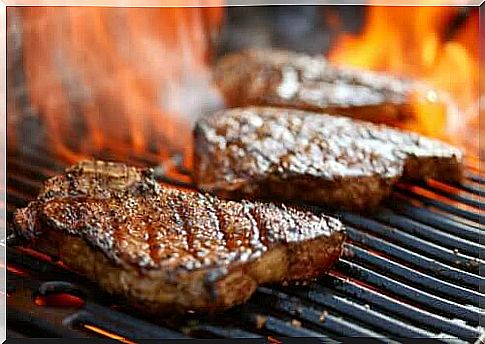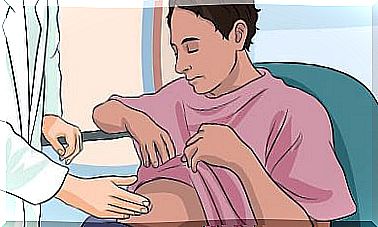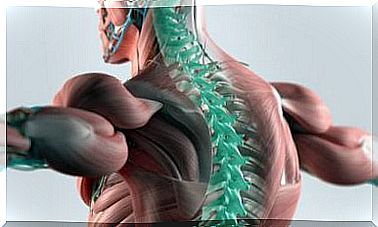What Exactly Is The Carnivore Diet?

This article is all about the carnivore diet. You’ve probably heard of it because it has become popular with certain groups. But what exactly does it mean?
Many people who follow the carnivore diet claim that after trying this diet they have experienced several benefits related to better health. However, as you will see in this article, this diet has no scientific evidence (yet) to support these claims.
A closer look at the carnivore diet
Cons
Very restrictive
The biggest problem with restrictive diets is that they have a big impact on people because of the high profile propaganda. Some of these diets, such as the vegan diet, include an ethical component that motivates many people to practice it. The promises regarding weight loss often play a role in this as well.
The carnivore diet is not very different although this eating method is completely opposite to veganism. It consists of consuming only meat. This is a very restrictive diet that is bad for the environment due to the high burden on meat production.
The strictest versions of this diet state that you can only eat red meat and drink water – nothing else. It is a very restrictive protocol that completely eliminates all plant products as well as fish and shellfish. In many cases, this will lead to people who follow this diet strictly to develop nutritional deficiencies.
Deficiencies

You can meet the needs of the macronutrients proteins and fats by eating meat. However, this does not apply to carbohydrates. However, it is very likely that there will be a micronutrient deficiency if the diet is not varied.
By eating only meat, the diet does not provide phytonutrients. In case you didn’t already know, these are essential substances with antioxidant and anti-inflammatory properties (Spanish link) that play an important role in promoting health.
In addition, scientific literature establishes that regularly including these nutrients in the diet helps to combat the development of chronic diseases. They have even been shown to reduce the risk of degenerative pathologies related to aging.
Not consuming enough antioxidants can lead to a person developing complicated diseases. These nutrients are also important in the context of exercise, as they reduce muscle damage and aid recovery.
Arguments to defend the carnivore diet
People who follow the carnivore diet often claim that red meat has a high nutrient density that contains all the substances the body needs. Consuming carbohydrates is considered harmful to the body and according to them would cause problems and disorders.
According to a study published in the Critical Reviews in Clinical Laboratory Sciences journal , sugar intake increases the incidence of metabolic diseases such as diabetes mellitus.
Despite this, the intake of complex carbohydrates seems necessary for almost all people, especially when they have to perform activities that require high-intensity anaerobic exercise.
However, there is an argument that greatly supports the implementation of the carnivore diet. People who have tried it claim that they experience fewer gastrointestinal problems. Others say it helps reduce bloating. This is because it is an eating plan that does not provide fiber.
The point is that current studies believe that fiber is essential for gut health and peristalsis.
While it is true that people who suffer from bacterial overgrowth in the gut should reduce fiber intake, this refers to a specific problem that does not apply to most of the population.
Experts claim that large doses of fiber can increase the growth of pathogenic bacteria. As a result, a person may suffer from uncomfortable digestion.
For this clinical picture, temporarily reducing fiber intake could reverse the process. However, it is very difficult to sustain and not recommended to get rid of these complaints forever.
Is the carnivore diet sustainable?

People who have tried the carnivore diet claim to have noticed an improvement in gastrointestinal complaints. There are also people who report that they suffer less from brain fog.
Nevertheless, nutritionists advise against it. Yes, if applied for a short period of time, it can be beneficial for patients with bacterial overgrowth in the gut. However, it is a type of diet that is not easy to maintain for a long time.
The short and medium term effects are clear. Research published in The World Journal of Pediatrics (English link) states that ketogenic diets and the paleo diet are safe, despite the restriction in this eating pattern. However, the carnivore diet goes further.
The restriction it provides on phytonutrients can lead to serious health problems. Keep in mind that few to no people follow this strict diet plan for a long time, as the allowed spectrum of foods is very small.
That is why experts advise against the use of this restrictive diet in all its variants. Reducing the intake of carbohydrates and especially sugars can be advisable for many people.
At the moment it is advised to only do this temporarily and to also use a varied diet that is also rich in fish and plant foods.
Finally, it’s also important to note that diets like this can work on an individual level for a short time, but are very unhealthy for the planet. It is not a sustainable diet.
Based on our teeth, people can eat a healthy variety of foods of both animal and vegetable origin. However, eating a lot of meat contributes negatively to climate change.
Avoid very restrictive diets
Highly restrictive diets such as the carnivore diet promise rapid results in weight loss and health improvement. In many cases, certain ethical components are added, such as with veganism.
However, the strict restriction implies a deficiency in the intake of certain nutrients, which can lead to deficiencies in the medium and long term. For this reason, it is better to avoid these kinds of extreme diets. Instead, eat a varied and balanced diet and contact your doctor or dietitian if you have any complaints or questions.
That is also our advice if you have any questions. They can help you by assessing your individual situation and know how best to help you.








